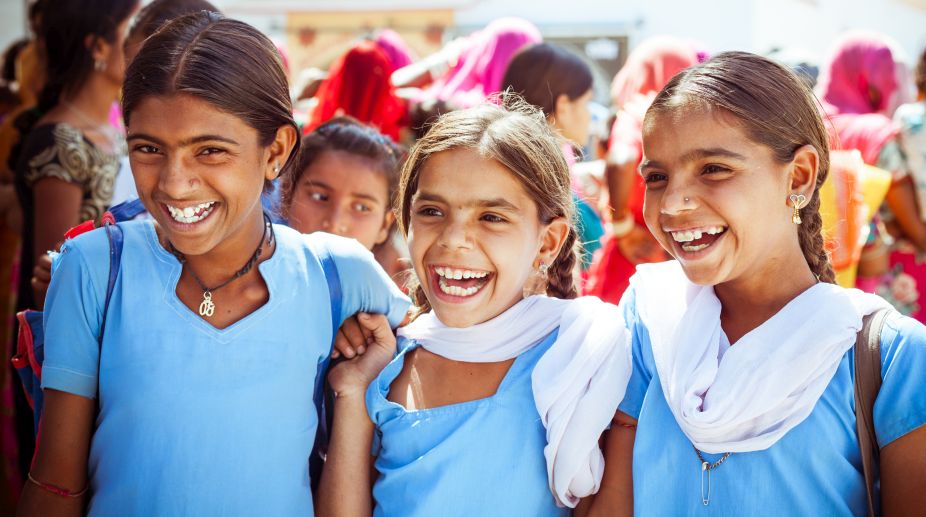A solar unmanned vehicle to monitor water pollution
Water pollution monitoring is a big challenge especially in remote areas. It will not only monitor surface water pollution but also serve many other purposes.

(Photo: Getty Images)
West Bengal has good reason to preen its feathers. Kanyashree Prakalpa, Mamata Banerjee’s unique initiative to help the girl child lead a more humane existence, has been accorded global recognition with the award conferred at The Hague under the UN’s Agenda for Sustainable Development.
For the state, this is quite the most encouraging “breaking news” after a decade of economic and political convulsions. Whether or not Narendra Modi’s ringing slogan, Beti Bachao, Beti Padhao, is based on Kanyashree Prakalpa, it is reassuring to reflect that the scheme has already had its impact across the nation, with several states signalling their intent to execute the project.
Having said that, the state’s ranking in the Human Development Index ought now to improve dramatically if the UN award is to attain fruition. Kanyashree is primarily aimed at ending underage marriage and promoting education among weaker sections.
Advertisement
Ergo, there is considerable comfort in the thought that Bengal’s project was ranked first in its category, surpassing as many as 552 nominations from 62 countries.
Well and truly has a uniquely Bengal experiment attained the global platform, if the international grandstanding at The Hague is any indication. While there is valid reason for a bout of heady optimism, the award places a greater responsibility on the administration to adopt still more vigorous action in the follow-through. Arguably, even the outlay can be increased in the next budget.
The scheme is said to have benefited 40.33 lakh girls ever since it was introduced in 2013. To have fetched a UN award in four years is in itself an achievement. Aside from the annual educational grant of Rs.750 for girls in the 13 to 18 age-group, the one-time payment of Rs.25,000 ought ideally to take care of post-school education. On closer reflection, this is more meaningful than the preelection distribution of cycles.
The UN award testifies to the fact that Kanyashree Prakalpa has had its impact in terms of public policy and rural governance and has without question been more effective than Panchayati Raj. At the end of the day, the responsibility to educate the girl child and to end child marriage doesn’t rest with the state alone.
The matter is intrinsically familial and the responsibility devolves equally ~ and fundamentally ~ on the parents and other stakeholders in the rural areas. Chiefly, this will entail the delinking of the search for learning from child labour… whatever the perceived benefits for the rural household economy.
Not wholly unrelated is the antediluvian practice of female foeticide which, truth to tell, hasn’t entirely been eliminated. Sad to reflect, Middle India is still plagued by the prejudices of the 19th century. The development of the girl child must of necessity be holistic.
Let Bengal show the way
Advertisement